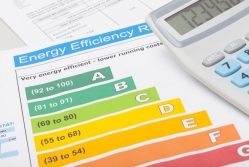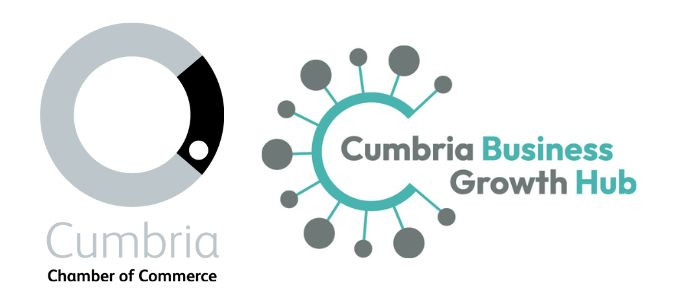 Small firms are paying too much for their energy because they find it hard to shop around for deals and almost half have never switched suppliers.
Small firms are paying too much for their energy because they find it hard to shop around for deals and almost half have never switched suppliers.
The Competition and Markets Authority, which is currently investigating the energy sector, says SMEs in the UK pay around £500 million more a year than if competition was functioning effectively. It has voiced concerns that 45% of SMEs have been placed on a default tariff, which can be more than twice as expensive as a negotiated tariff.
Research by the Federation of Small Businesses (FSB) among its own members has found that 70% of firms experience difficulty comparing energy tariffs and 43% have never switched supplier.
The FSB is launching its own Energy service for members that promises to reduce average energy bills by almost a quarter. The service will be run by Make it Cheaper and the FSB says it could generate annual average savings of 23% for new customers switching their gas and electricity provider - equivalent to £973 off the £4,243 average annual energy bill of an FSB member.
The service will enable FSB members to get advice on rates, identify potential savings and arrange new contracts. It will also take care of the paperwork involved in switching and will remind members when their fixed price periods end so they don't "default" on to more expensive rates.
Dave Stallon, FSB operations director, said: "Energy is an increasingly important issue for smaller businesses. There are many ways they can make substantial savings through the implementation of energy efficiency measures as well as ensuring they get the best tariff they can on their gas and electricity. Many smaller businesses, however, either don't believe they can make substantial savings or haven't trusted the market and the system enough to engage in the process."
Energy efficiency has the potential to cut SME energy bills by 18-25% according to estimates by the Department of Energy and Climate Change (DECC).
FSB research has found that 58% of businesses have already made changes to improve their energy efficiency. The most widely reported energy efficiency measures already taken are: the installation of more efficient lights, lamps and bulbs (40%); the introduction of switch off/turn down policies (23%); and improved insulation (23%).
